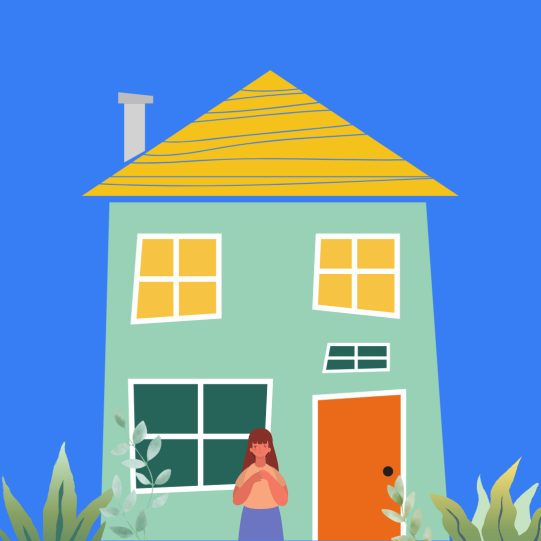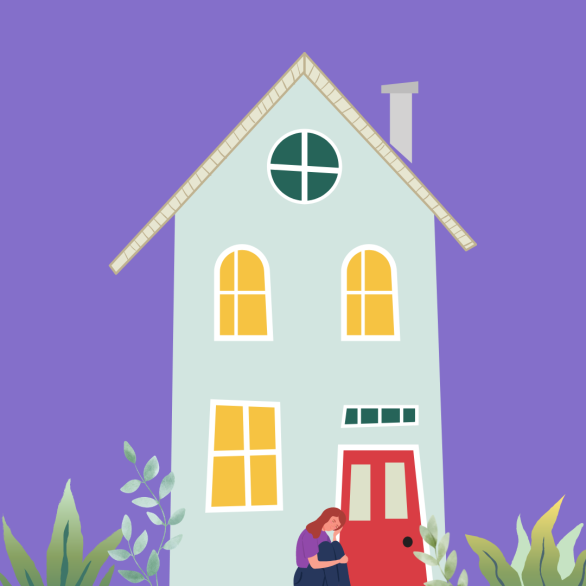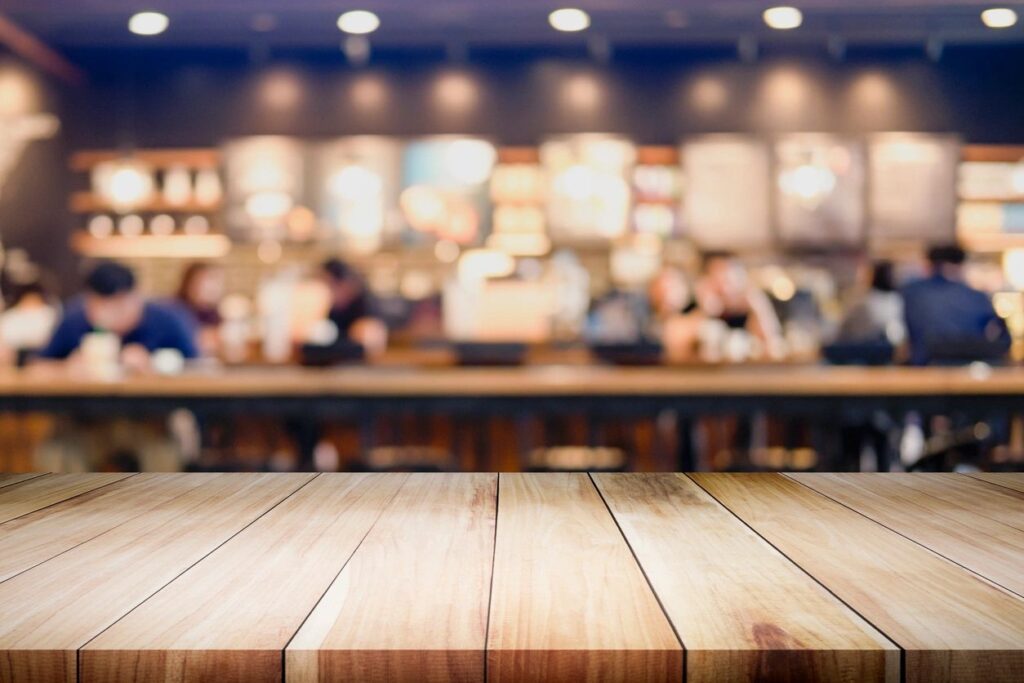by Tash Bowen
Over time and with countless practice, we have crafted perfectly feeble excuses to get out of plans. Easily believable and always vague, these white lies are specifically designed to protect our personal time and space. They enable us to avoid judgement from peers about taking time for yourself. Yet, why do we have such an ingrained fear of being honest about self-care? Why do we feel that “because I don’t want to” or “I don’t feel like it tonight” are inadequate excuses to steer away from socialising and take time for oneself?


As a species, we live by a series of carefully constructed rules and patterns to not only ensure our survival, but to maintain the pursuit of happiness. Set structures for behaviour and society enable us to feel comfortable and safe, and chaos threatens this. The pandemic brought chaos. A whirlwind of mass upheaval leaving death and destruction of old orders in its wake. Now, that may sound dramatic when written on a page, but it is nothing short of what happened. Every single one of us was affected to some degree – some more than others. The “lucky” ones managed to only experience a complete dynamic shift in their daily lives, and coped well, but this is still a highly traumatic experience for the individual. Jarring the traditional sensibilities that have been drummed into us since we were little. Now, change rears its head again. After a year of social restrictions, we’re slowly being eased back into normality. *Mental motion sickness has entered the chat*.
With the heavy mist of lockdown finally beginning to lift, there is a new-found appreciation for saying ‘yes’ to plans. We want to make the most out of every waking second that we have with the people that we love. But it is imperative that we do not abandon making the most out of the time we have for ourselves.
Despite being in isolation with the person in the mirror, very few of us actually dedicated time to enjoying the personal freedoms that can be found in being confined to one space. Instead, the weight of the pandemic and the financial, environmental and social stressors that came with it took pride of place in our minds and dominated our energy and thoughts. The list of questions has been and still is endless, but one that springs to mind is why do we still feel guilty about not wanting to say yes to every plan to go to the pub or for a socially distanced walk with friends?

Change can be very stressful. For those whose lockdown had its social benefits, the thought of having to reintegrate back into the previous normality is overwhelming. For those who were affected physically by the pandemic or sadly had someone taken away from them, the anxiety of risking infection is extremely high. Exhaustion, frustration, confusion and hopelessness loom, but we must take our time. We should appreciate that our bodies and minds require patience to accept that some occurrences are out of our control. To move forward, we may need to stay in one place; we may need to maintain certain aspects of lockdown to slowly allow ourselves to physically and mentally adjust. Bear in mind the rules in place to protect you and your loved ones but try and set your own roadmap out of lockdown. You have accomplished a lot over the past year. Now, I don’t mean that you’ve baked an incredible banana bread or learnt a new hobby. Achievements are personal and sometimes small, but the fact that you’re still here is huge and very important. You have not only survived but lived through a global pandemic.
This past year has felt like a lifetime, but in the grand scheme of things a year isn’t a very long time at all – and you have achieved so much. Whether you’re ready to return to the old ways of working and socialising or not, you are not alone. Despite isolation, if you need to take more time to ease in social integration, do it. We all have to take the necessary steps to protect ourselves mentally and physically.
